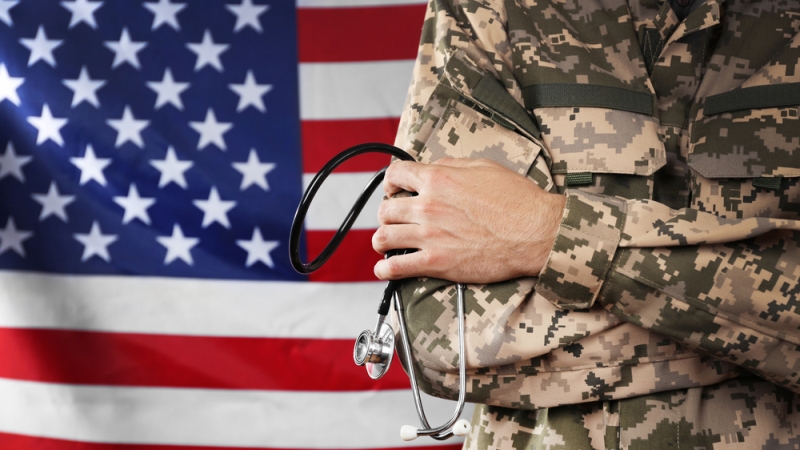
Federal agencies are putting increasing amounts of time and resources into providing telemedicine for American veterans.
Last week, the Health Resources and Services Administration (HRSA) awarded nearly $1 million to the Flex Rural Veterans Health Access Program to further telehealth for veterans living in rural areas. Money will be used to expand existing networks of public and private health care providers and enhance sharing clinical information electronically.
Also last week, the House Committee on Veterans’ Affairs held a hearing for the 114th congressional subcommittee for health on telemedicine in the Veterans’ Affairs health care system. Witnesses included veteran Zachary D. Walker and Kevin Galpin, acting executive director for telehealth, Veterans Health Administration, on behalf of the U.S. Department of Veterans Affairs.
In his witness statement, Galpin described how Veterans Affairs (VA) is working to rebuild trust, improve service delivery, and deliver better access to care through the “MyVA” transformation. As part of the “MyVA” movement, VA has substantially increased access to care for veterans using telehealth services: Since 2002, more than 2 million veterans have accessed VA care through telehealth, with 2.14 million telehealth visits conducted in 2015.
The VA has three telehealth categories to deliver services across 50 clinical specialties, including mental health:
- Clinical video telehealth–use of interactive video conferencing to assess, treat, and provide care.
- Home telehealth–use of VA-provided devices to connect the veteran with a nurse to facilitate patient self-management.
- Store and forward telehealth–use of technologies to acquire and store clinical information that is then assessed by a provider at another location.
Herb Rogove, president and chief executive officer of C30 Telemedicine, said in his witness statement, “For the past 10 years, I have studied many telehealth models and have been most impressed by the VA model as both exemplary and successful.”
Walker went on to say, “I had a great experience with telemedicine. My appointment wait time was reduced from the normal two months to one week. My appointment started on time rather than the normal one-hour lobby wait time. The doctor was not rushed during my appointment and took the time to listen to my concerns.”
After the hearing concluded, Rep. Tony Cardenas, D-Calif., released a statement urging the VA to address a handful of existing issues with telemedicine. These issues include:
- Lack of education and outreach to older veterans who may struggle with the technology.
- Lack of communication among telemedicine providers, primary care providers, and veterans.
Cardenas ended his statement by saying, “I applaud the VA for promoting innovative solutions to provide greater access to care. By addressing the challenges, I believe we can ensure our veterans, who have sacrificed so much for our country, receive outstanding health care.”
